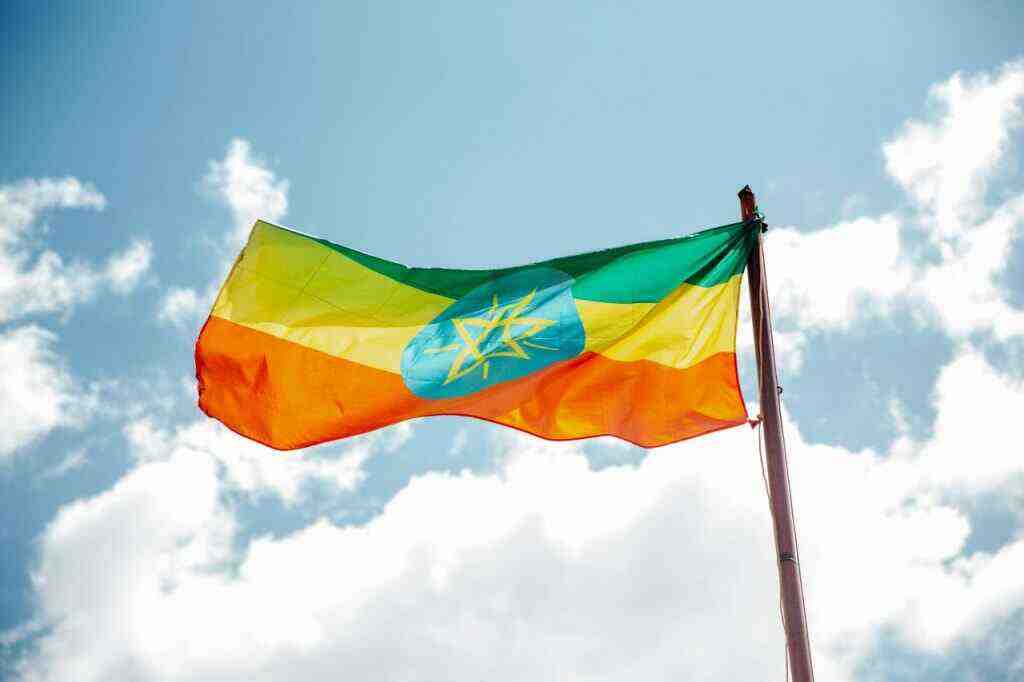Navigating Regional Tensions: Egypt’s Support for Somalia in Maritime Dispute with Ethiopia
Diplomatic Solidarity and Territorial Integrity
In a resounding display of regional solidarity, Egyptian President Abdel Fattah el-Sissi has unequivocally voiced his support for Somalia in its ongoing territorial dispute with Ethiopia. This unwavering stance, articulated during a joint press conference in Cairo alongside Somali President Hassan Sheikh Mahmoud, underscores Egypt’s commitment to safeguarding regional stability and upholding the sovereignty of its allies. President el-Sissi denounced Ethiopia’s recent agreement with the breakaway region of Somaliland, which grants Ethiopia access to the sea and the establishment of a marine base. He urged Ethiopia to pursue mutually beneficial arrangements with Somalia and Djibouti through diplomatic channels, rather than seeking control over another country’s territory. President el-Sissi’s resolute message conveyed Egypt’s unwavering commitment to safeguarding Somalia’s territorial integrity and countering any potential threats or infringements.
Historical Context and Geopolitical Significance
Somaliland, strategically situated along the Gulf of Aden, declared its independence from Somalia in 1991 amid the country’s descent into civil conflict. Despite maintaining its own government, Somaliland lacks international recognition. Recently, Somaliland’s leader, Muse Bihi Abdi, entered into a memorandum of understanding with Ethiopian Prime Minister Abiy Ahmed, granting Ethiopia a 20-kilometer stretch of coastline for the establishment of a marine base. This agreement drew swift condemnation from President Sheikh Mohamud of Somalia, who denounced it as a violation of international law and a compromise of the country’s sovereignty.
Regional Diplomacy and Mediation Efforts
In seeking support for his government, President Sheikh Mohamud embarked on a diplomatic mission to Egypt, where he met with Arab League chief Ahmed Aboul Gheit and Al-Azhar mosque’s Grand Imam, Sheikh Ahmed al-Tayeb. These meetings underscore Egypt’s pivotal role in promoting regional stability and mediating disputes. Egypt’s diplomatic engagement aims to foster dialogue, encourage peaceful resolutions, and safeguard the territorial integrity of Somalia.
Nile River Dispute and Hydroelectric Dam Tensions
Egypt and Ethiopia have been embroiled in a protracted dispute over the Grand Ethiopian Renaissance Dam (GERD), a hydroelectric project constructed on the Nile River’s main tributary. Negotiations between the two countries, along with Sudan, have spanned over a decade, seeking a mutually acceptable agreement on the filling and operation of the dam. However, the latest round of talks concluded without a resolution, leading to mutual recriminations between Cairo and Addis Ababa. The core issues at stake revolve around the release of water downstream during potential droughts and the mechanism for resolving future disputes. Ethiopia’s rejection of binding arbitration at the final stage further complicates the negotiations. President el-Sissi’s support for Somalia can be seen in the context of these unresolved tensions with Ethiopia over the GERD.
Water Security and Regional Stability
Egypt’s concerns regarding the GERD stem from its reliance on the Nile River as a vital water source for irrigation, drinking water, and electricity generation. The dam’s potential impact on Egypt’s water supply has heightened tensions between the two countries. Egypt fears that the dam will reduce the flow of water downstream, jeopardizing its water security and economic stability. The dispute highlights the intricate interplay between regional water resources, energy needs, and geopolitical dynamics.
International Implications and Diplomatic Maneuvers
The diplomatic maneuvering surrounding the GERD dispute has drawn international attention and involvement. The United States, the European Union, and the African Union have all played mediating roles, urging the parties to reach a negotiated settlement. The international community recognizes the potential for regional instability if the dispute remains unresolved. The delicate balance between Ethiopia’s energy needs, Egypt’s water security, and the broader stability of the region requires diplomatic finesse and a commitment to finding a mutually acceptable solution.
Conclusion: A Path Forward
The diplomatic standoff between Egypt and Ethiopia over the GERD, coupled with Ethiopia’s agreement with Somaliland, has created a complex web of regional tensions. Egypt’s unwavering support for Somalia’s territorial integrity underscores the country’s commitment to regional stability and its willingness to counter perceived threats to its allies. Resolving these disputes requires sustained diplomatic efforts, a willingness to compromise, and a shared commitment to peaceful coexistence. The international community has a crucial role to play in facilitating dialogue, promoting mutually beneficial solutions, and preventing further escalation of tensions. Regional stability and cooperation are paramount for the prosperity and well-being of all nations involved.
